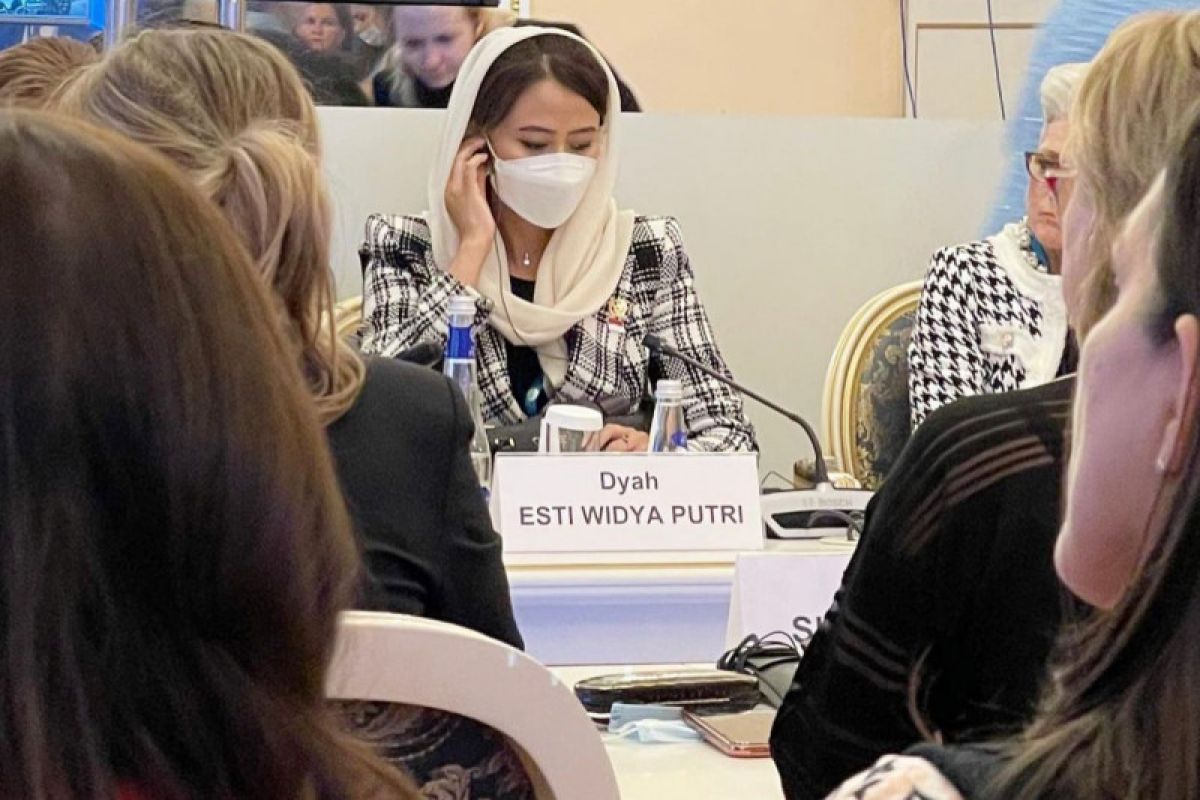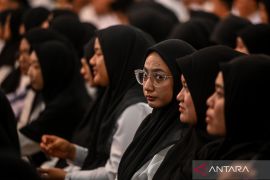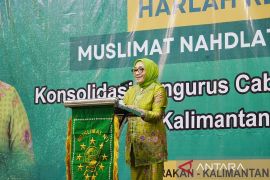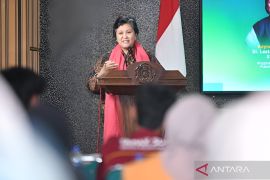The importance of women representation in politics has once again become a popular topic in a variety of public discussion forums in recent times.
This happened not only because the election year draws near, but also policies in Indonesia have yet to fully promote gender justice or gender equity.
Political expert from University of Indonesia (UI) Sri Budi Eko Wardani noted the women representation in politics to this day is not significant enough to produce gender-friendly policy.
This perspective aligns with the report from the National Commission on Violence against Women (Komnas Perempuan) concerning the finding of a gender-based discriminative policies in Indonesia.
One of the policies revolved around women clothing regulation that adopt a singular interpretation from the symbol of majority religion.
Komnas Perempuan delivered this report for the first time in 2009. Thus far, 62 discriminative policies concerning clothing regulation have been found in several regions in Indonesia.
According to the Director of Economic and Social Research, Education, and Information Institution's (LP3ES') Gender and Democracy Center Julia Suryakusuma the number of women that make up of half of Indonesian population has yet to be able to drive the fulfillment of their rights.
Head of Indonesia Politics Women Caucus (KPPI) Dwi Septiawati Djapar also echoed this opinion.
In fact, she believes that women political representation is a must given their large population.
This necessity emerged because of political policies and decisions that finally affect the life of Indonesians as a whole without any regard for gender.
To this end, she deemed that it is impossible to deny the involvement of women within the formulation of political policies and decisions when they will be the one who bears the brunt of the impact.
If political policies are not formed with a comprehensive perspective that also involve gender perspective, these policies will cause injustice, discrimination, even gap and inequality in many aspects.
Related news: Legislators must push women's participation in electoral bodies: MPI
The assurance of women political representation
Observing various regulations that currently exist, it can be seen that women political representation has been guaranteed by the law.
Several regulations that clearly encourage women representation in politics are Law No. 10 of 2008 on General Election and Law No. 2 of 2008 on Political Party concerning political parties mandate to fulfill the representation quota.
Wardani highlighted several other assurances of women political representation.
Firstly, women political representation has become a part of constitutional mandate.
Article 27 point (1) of the 1945 Constitution stated that every citizen is equal before the law and the government and is obligated to uphold the law and the government with no exception.
Meanwhile, there is also Article 28D point (3) that underlines that every citizen has the right to receive the same opportunity within the government.
These articles clearly describe every Indonesian has the right to political opportunities regardless of gender.
Secondly, Wardani noted women political representation is part of the mandate of the Pancasila state ideology.
Women political representation is the realization of the fourth principle, democracy guided by the inner wisdom in the unanimity arising out of deliberations among representatives.
Through this principle, women participation and involvement in fair decision-making is a must, she remarked.
Thirdly, women political representation is also globally backed by the UN through the ICEDAW or the Convention on the Elimination of all Forms of Discrimination Against Women.
The convention mandates the elimination of all forms of discrimination against women in the world.
While representation has been guaranteed by the law through several regulations, currently, representation of women in the legislative branch through the 2019 General Election only reached 21 percent or around 131 out of 576 seats.
This low percentage shows that there are still a lot of works to do when it comes to women political representation and this should be resolved soon.
Related news: Encourage women's participation in national legislature: Congress
Primary hurdle in women political representation
One of the primary factors that hinder more women political representation is political parties' commitment to fulfill women representation quota.
In Indonesia's political system, women could participate in the parliament because they are the legislative candidate promoted by political parties.
However, political parties have not been committed to encouraging their women members to step up to become legislative candidate, Wardani noted.
To this end, one of the solutions to realize women political representation is creating a regulation that obliges political parties to open a space for women to step forth to become legislative candidate.
With this, women political representation is expected to be able to be realized to produce a variety of gender-friendly policies and would certainly be a huge boon in upholding justice within the nation.
Related news: Democracy in deficit without women's involvement: ambassador
Related news: Greater participation in politics to push women's interests: minister
Editor: Suharto
Copyright © ANTARA 2022












